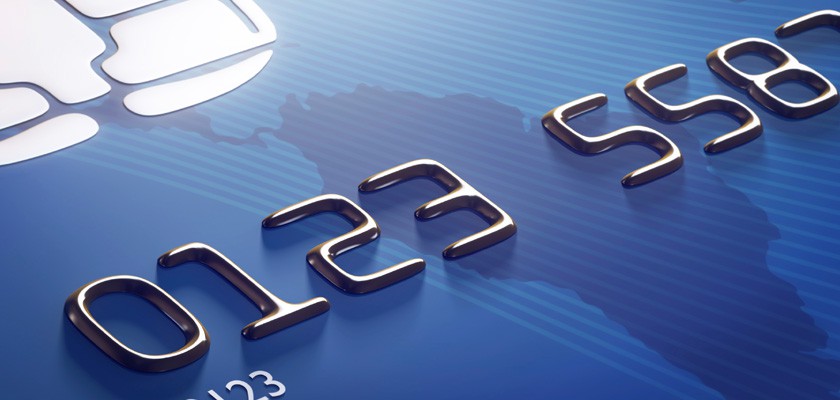Money and Millennials: Credit and Loan Smarts for Young Professionals
Most children don’t spend much time worrying about money. Their parents provide food, shelter and clothing for them. They go to school where they learn about history, math and reading, but rarely do the subjects breach the topic of real-world finance.
In fact, according to the Council for Economic Education’s 2016 National State of Finance & Economic Education, just 17 states require high school students to take a personal finance class, and only five require a stand-alone personal finance class for graduation. It’s not just the students that are lacking in this area – more than 80 percent of teachers report not feeling competent enough to teach these subjects.
This has put many young adults at a disadvantage. Millennials report feeling overwhelmed by debt, and many struggle to pay off student loans or credit card bills. Offering more personal finance courses to students at a younger age will certainly help future generations. However, today’s young adults will need to take their education into their own hands. Here are some good places to start.
1. Figure out those student loans
At one point, student loans felt like a gift – they allowed you to obtain a degree so you could begin working in a field you love that pays better than minimum wage. However, now that you’ve graduated college and begun working, those loans feel more like a burden. It’s important to find the right payment plan that will work for you.
“There are many ways to tackle student loan debt.”
Bankrate explained there are many ways to tackle student loan debt, but the important part is to find the right method and just dive in. Give yourself a debt-free date three or five years down the road and begin working toward it. If you can afford to make larger payments, do so to save on interest. Setting aside money into an account specifically meant for loan repayment can help you stay organized.
2. Find a better credit card – and learn how to use it
Credit cards are useful tools that help you to build good credit when used correctly. However, missing payments and carrying a balance from month to month are two common mistakes people make that can reverse any positive progress they’ve made with the card. Missing payments can not only earn you a hefty fee with some cards, but it can also damage your credit score. Carrying a balance from month to month won’t do much to your credit score as long as you’re not maxing out your card. However, this will result in a larger amount owed due to interest.
Shop around for a good card that works well for you. This might be a card that has late payment forgiveness for your first mistake, or one that has a zero-interest introductory period so the first year or so, you won’t have to worry about the effects of carrying a balance. Use that time to practice paying off your bill in full, and be sure to always be able to do so once the introductory period is over.
3. Make small changes to save money
The Simple Dollar pointed out that a lot of money people spend is done in small amounts over time. Getting a $4 coffee might not seem like a lot, but buying one every day amounts to $20 a week, $80 a month and more than $900 a year. Skip the latte and brew your own coffee at home or work. Other little things you can swap out for cheaper alternatives include:
- Take public transportation instead of a cab or ridesharing service
- Skip the premium channels, or cut cable altogether and watch your favorite shows on Hulu
- Turn off the lights and water when you’re not using them
Saving money can be hard when you’re young, especially if no one has taught you saving best practices. However, it’s important for Millennials to take control of their financial lives so they can live debt-free sooner rather than later.






